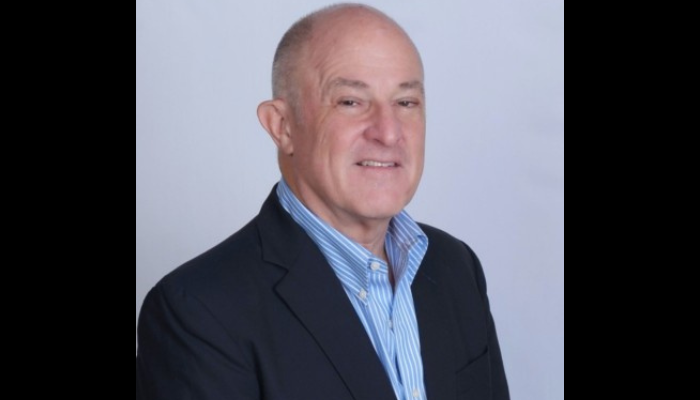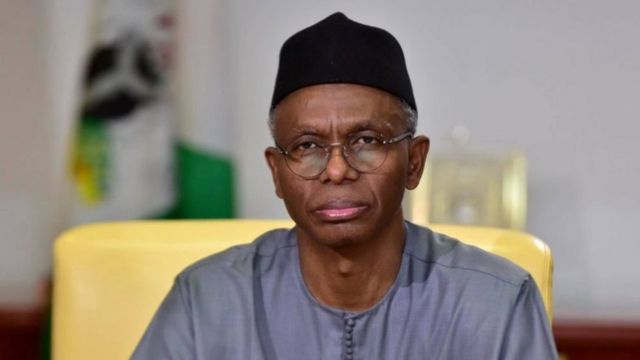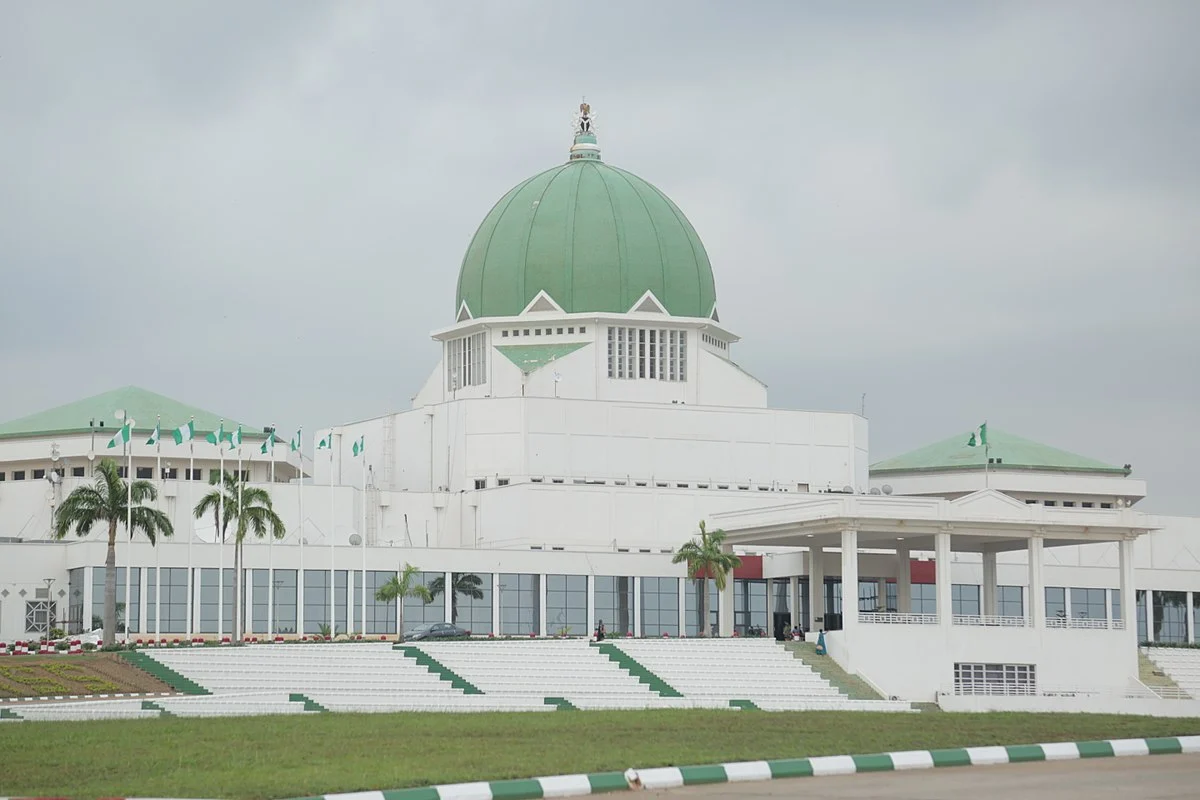Brian Deaver is the Chief Executive Officer of the African Medical Centre of Excellence (AMCE), a state-of-the-art hospital in Abuja, Nigeria. The AMCE is a collaborative initiative between the African Export-Import Bank (Afreximbank) and King’s College Hospital, London, aiming to enhance healthcare delivery in West Africa. Under Deaver’s leadership, the AMCE is set to commence operations focusing on the diagnosis and treatment of complex diseases. In this interview with GODSGIFT ONEDINEFU, Beaver gave insight into what the AMCE would mean for Nigeria. Excerpts:
What inspired the creation of the African Medical Centre of Excellence, and why was Abuja chosen as its location?
The African Medical Centre of Excellence (AMCE) was inspired by a critical gap in Africa’s healthcare system—too many Africans are forced to travel abroad for specialised care due to the lack of world-class facilities on the continent. This challenge resonated deeply with Afreximbank President Benedict Oramah, who personally experienced the high costs and difficulties of seeking medical treatment overseas. Motivated by this, he became determined to bridge the gap and bring top-tier healthcare closer to home.
To select the ideal location for the first AMCE, a competitive bid process was conducted. After careful evaluation of several prospective host countries, Nigeria was chosen to host the inaugural Centre, reflecting its pivotal role in advancing healthcare in the region.
Abuja was selected as the best location due to its central and accessible position, making it strategically suited to serve not only Nigeria but the wider West African region. The city’s growing infrastructure and strong government support provide a solid foundation for establishing a world-class healthcare facility that can meet the continent’s urgent needs.
What health services should Nigerians expect from this? What does this centre mean for the average Nigerian?
Nigerians can look forward to cutting-edge medical services in areas like cancer care, heart health, blood disorders, and general medicine. This includes advanced diagnostics, stem cell treatments, bone marrow transplants, modern and effective cancer therapies, and complex heart surgeries. For the average Nigerian, AMCE Abuja is a beacon of hope—offering access to top-quality care right at home. It means fewer people will have to travel abroad for treatment, easing both the emotional stress and the heavy financial burden that often comes with seeking healthcare overseas. We’re treating very serious conditions, we’re not only treating sickle cell, we’re curing it.
With many Nigerians seeking medical treatment abroad, how will AMCE restore public confidence in the domestic healthcare system and reverse outbound medical tourism which costs Nigeria billions of naira?
AMCE aims to restore confidence by providing world-class, affordable healthcare at home, backed by global expertise from our partners like King’s College Hospital and The Christie. By offering advanced treatments locally, we are working to reduce the reliance on foreign medical services, saving costs and ensuring that Nigerians receive the same standard of care at home.
It is apparent that people are travelling abroad because they don’t want to guess whether the latest technology is available or the best surgeons are available. So they just automatically go abroad looking for care. We want to establish a trust in our system, and establishing that trust is like any other trust that we have. It takes time, and it takes understanding and getting to know the relationship, the person, in our case, getting to know our facility. So when patients come, and they have as good an experience as they possibly can in the conditions that they come from, they’re going to talk about it. So we will be measuring what patients say when they leave the facility. Because they’re going to talk about how they felt while they were here, whether their needs were met, whether their questions were answered, and whether they were treated with compassionate care. That’s what we have to do to build the trust.
The emigration of Nigerian healthcare professionals is currently at a critical level. What role will AMCE play in reversing the brain drain and creating attractive career paths for medical professionals within Nigeria?
We are committed to training and employing Nigerian medical professionals, providing career opportunities that enable them to stay and thrive in Nigeria. Through residency programmes, mentorship, and collaboration with international experts, we aim to create an environment where Nigerian professionals can develop their skills, contribute to local healthcare, and advance their careers without having to leave the country. By fostering this environment, we also hope to encourage the return of talented Nigerians who had previously emigrated in search of better career opportunities, helping to reverse the brain drain and build a strong, sustainable healthcare workforce in Nigeria.
There is currently inequality in access to affordable and quality healthcare has been a challenge in Nigeria, how will AMCE work to ensure broader access to its services and reach underserved communities?
We understand that access to quality healthcare is not the same for everyone. For many Nigerians, especially those in rural or low-income communities, it can feel completely out of reach. That is why at AMCE, making our services inclusive and affordable is at the heart of what we do.
To support this mission, we are launching the AMCE Foundation, a dedicated initiative to ensure that no one is left behind. The Foundation will help patients who might otherwise struggle to afford care and contribute to building a more equitable healthcare system where everyone has a fair chance at getting the treatment they need. I’m happy to report that even before we’ve seen the first patient, the foundation has attracted $75 million in donations.
We are also partnering with health insurance companies to make our specialised services more accessible to everyday people, so more Nigerians can benefit from the kind of care that was once only available abroad.
Will AMCE contribute to medical research that’s rooted in African health realities, such as sickle cell disease, infectious disease resistance, or genetic conditions specific to the region?
Yes, we are committed to conducting research that addresses the health challenges most relevant to Africa, particularly non-communicable diseases like sickle cell disease, heart disease, cancer, and region-specific genetic conditions. Our partnerships with leading global institutions such as King’s College Hospital and Christie Manchester provide us with access to world-class research capabilities.
At the same time, we draw on local expertise to ensure our findings are rooted in the unique health realities of the continent. By generating data specific to African populations, we aim to develop treatments tailored to the needs of our communities. This collaborative approach will help ensure that AMCE plays a key role in advancing medical research that has a direct and positive impact on the health of Africans.
I’ve spoken about the importance of clinical trials. Most of the pharmaceuticals in the world were developed based on North American and European genomes. Every continent, every area of the world has a little different genome, and our bodies metabolise medications differently. So here in Africa, the pharmaceuticals are not optimised to the African genome. They need to be optimised.
We’ll be doing those clinical trials here. So some of the foundation funds will go to funding that sort of research.
How will AMCE contribute, directly and indirectly, to Nigeria’s GDP, and how will it influence job creation and ancillary industries in the region?
AMCE will contribute directly and indirectly to Nigeria’s GDP by creating thousands of jobs in healthcare, administration, research, and support. It will also stimulate local industries such as pharmaceuticals, medical supplies, and healthcare infrastructure. By offering world-class medical services, AMCE will attract both local and international patients, boosting the economy and promoting growth in related sectors like tourism and hospitality. This will strengthen Nigeria’s healthcare sector and create opportunities for local businesses, driving economic development.
How much has been invested into this facility? Did private equity or sovereign investment play a role in funding AMCE, and are there expansion plans?
The AMCE project has attracted over US$300 million in investment, primarily funded by Afreximbank, with collaboration from private investors and international partners. Our long-term vision includes expanding the model to other regions in Africa, adapting it to local needs, and establishing a network of centres across the continent to further strengthen healthcare delivery.
How will AMCE leverage AI, telemedicine, and data analytics in its operations, while also protecting patients?
Technology is at the core of AMCE. Our 18 MeV cyclotron will be key to producing radiopharmaceuticals for advanced imaging techniques like PET scans, helping doctors detect diseases like cancer earlier and diagnose them more accurately. We are deploying AI-powered diagnostic tools, telehealth platforms, and data-driven treatment monitoring systems. These innovations enhance accuracy, improve efficiency, and increase access.
Patient data privacy is non-negotiable. We adhere to local and global data protection protocols, with strict cybersecurity measures to ensure confidentiality, integrity, and ethical handling of patient information.
How is AMCE preparing for future health emergencies, from pandemics to local outbreaks, given Nigeria’s past vulnerabilities?
We have established a robust supply chain for essential medical supplies and developed rapid response protocols for both pandemics and local outbreaks. Collaborating with health authorities and setting up dedicated emergency healthcare units will ensure AMCE is well-equipped to respond swiftly, minimise disruptions, and continue providing uninterrupted care during critical health events.
Our emergency preparedness framework includes on-site infectious disease units, rapid-response teams, and coordination protocols with the Government health authorities. We’ve also invested in supply chain resilience and backup systems for power, oxygen, and essential medicines.
AMCE’s infrastructure is designed to adapt quickly to crises while maintaining continuity of care for critical patients during health emergencies.
What are some of the key challenges you’ve faced in bringing this project to life, and how were they overcome?
One of the key challenges we faced was navigating the dynamic and sometimes unpredictable environment in Nigeria, particularly with the country’s infrastructure and socio-political changes. Despite these hurdles, we remained steadfast in our commitment to the vision of AMCE and managed to meet our June 5th launch date. Through strategic planning, strong collaboration with both our private and government partners, and unwavering support from Afreximbank, we overcame various delays, maintained momentum, and delivered a world-class healthcare facility on schedule. Meeting our launch timeline is a testament to what’s possible when vision meets execution. We’re proud to launch AMCE—an innovation poised to transform healthcare delivery across Africa.
Businessday.ng




















